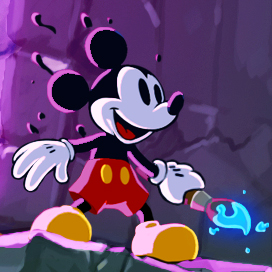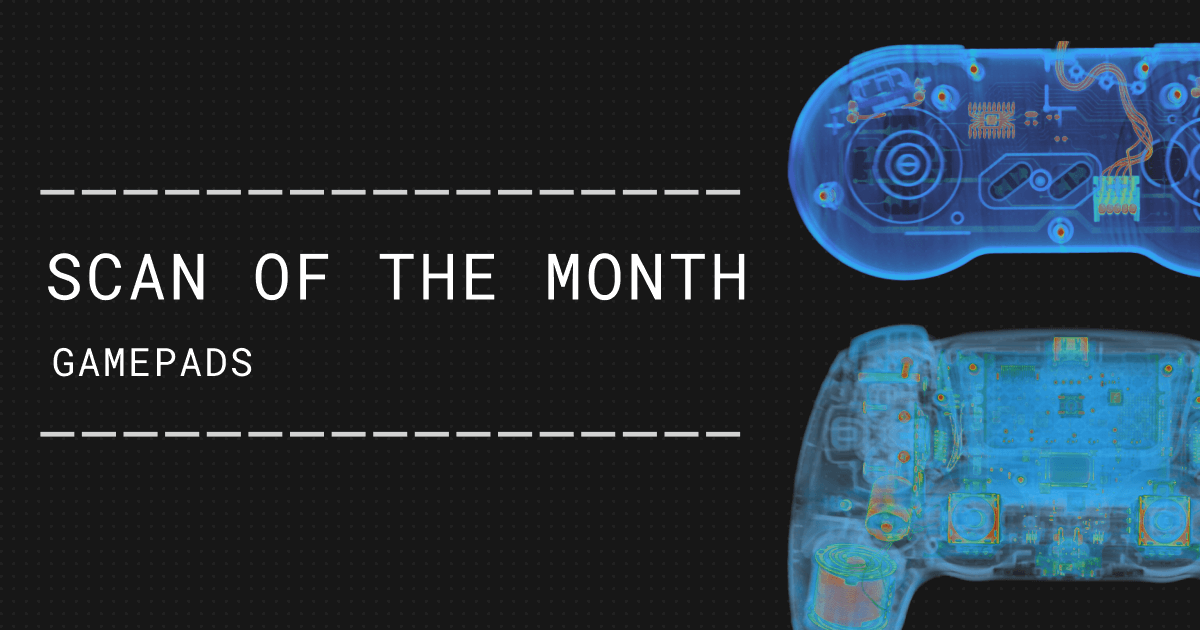

This is untrue. Threads accounts are reserved for the matching Instagram user, but those users have to actually choose for that account to be opened. If all Instagram accounts were auto-converted to Threads accounts there’d be over 1 billion Threads accounts. The 100 million Threads users are all people who have specifically opted to have a Threads account.








Definitely. Meta is studiously only sharing the number of accounts registered. We have no idea how many of those are active. If we go with the old 1-9-90 rule, only about 10 million of those 100 million will become active users. Although, the rule obviously isn’t a universal constant. On the fediverse, for example, it’s closer to ⅓ of registered users that are active.